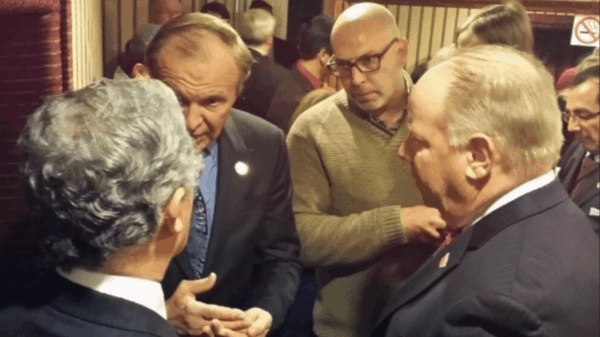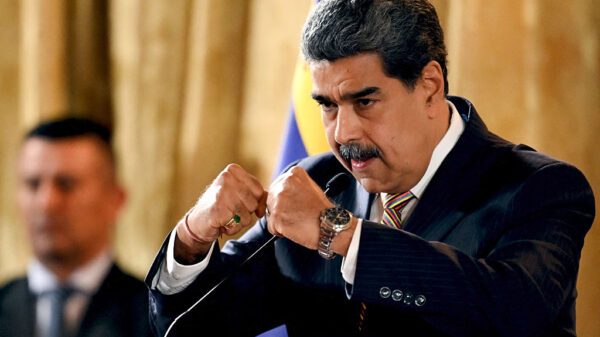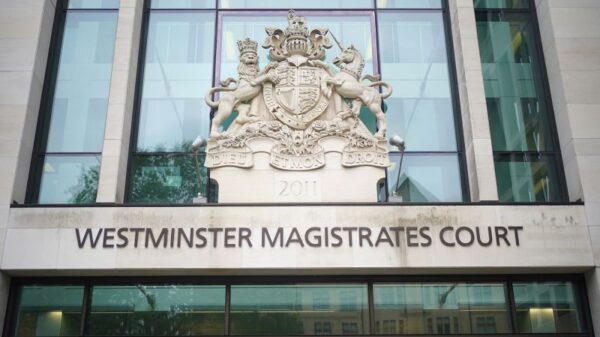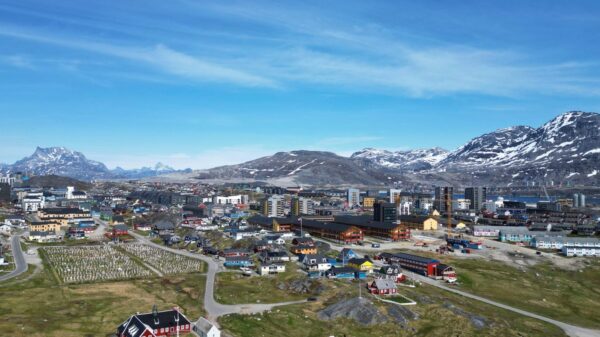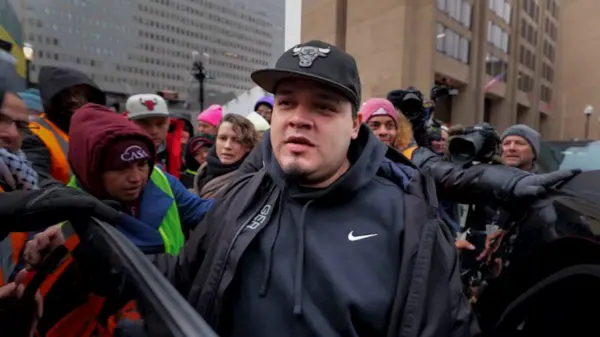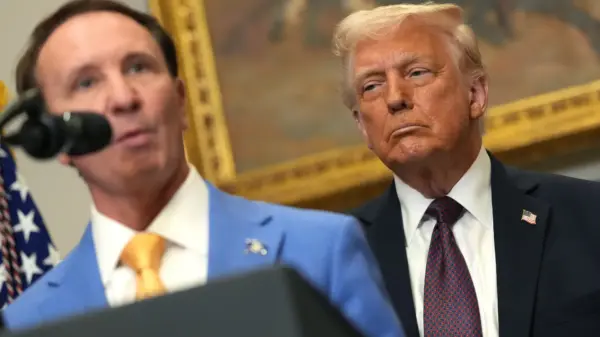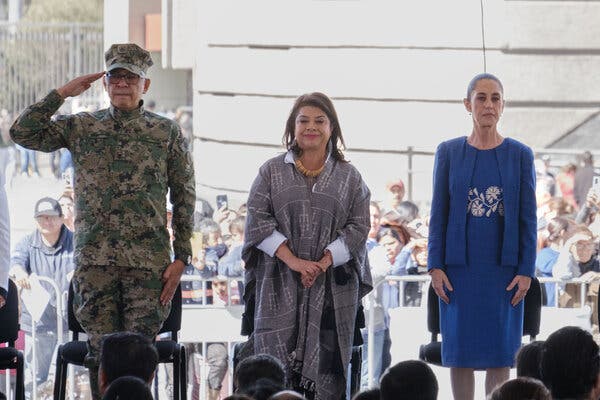The leaders of Mexico and Brazil have pushed back against claims made by President Donald Trump regarding violent crime in their cities. In a press conference on June 2, 2020, Trump asserted that cities like Mexico City and others in Latin America were among the most dangerous in the world while announcing federal interventions in local police forces, including the deployment of the National Guard in Washington, D.C. His comments drew immediate responses from officials in both countries.
Trump’s remarks included a comparison of violent crime rates in Washington to those in several cities, including Colombia, Costa Rica, Panama, and even Iraq. He stated, “Do you want to live in places like that? I don’t think so,” suggesting that Washington’s crime levels were alarming. He claimed that the rate of violent crime in Washington was higher than in these capitals.
In response, Claudia Sheinbaum, the Mayor of Mexico City, defended her city, asserting that it has a lower murder rate than Washington. “That is true,” Sheinbaum told reporters. “What we don’t agree with is when [Trump] said it was the most insecure city in Latin America, because it’s not.” She emphasized that crime statistics do not support Trump’s assertions.
Furthermore, Clara Brugada, the current mayor of Mexico City, provided additional context, stating that Trump’s perception of the city is misguided. She pointed out the progress Mexico City has made in reducing crime rates and enhancing security over the last few years.
Brazilian officials also joined the fray, criticizing Trump’s sweeping generalizations about crime in their cities. The Brazilian government highlighted its efforts to combat violence and emphasized that mischaracterizing cities can have damaging effects on perceptions and tourism.
As both countries defend their urban centers, this incident underscores the complexities of international relations and public perceptions surrounding crime. The dialogue surrounding crime rates has significant implications for diplomatic relations and the portrayal of Latin American cities on the global stage.
The situation reflects the ongoing tensions between U.S. officials and their Latin American counterparts, particularly in discussions surrounding security and safety. It remains to be seen how these comments will affect future diplomatic interactions and public opinion regarding crime in both regions.

